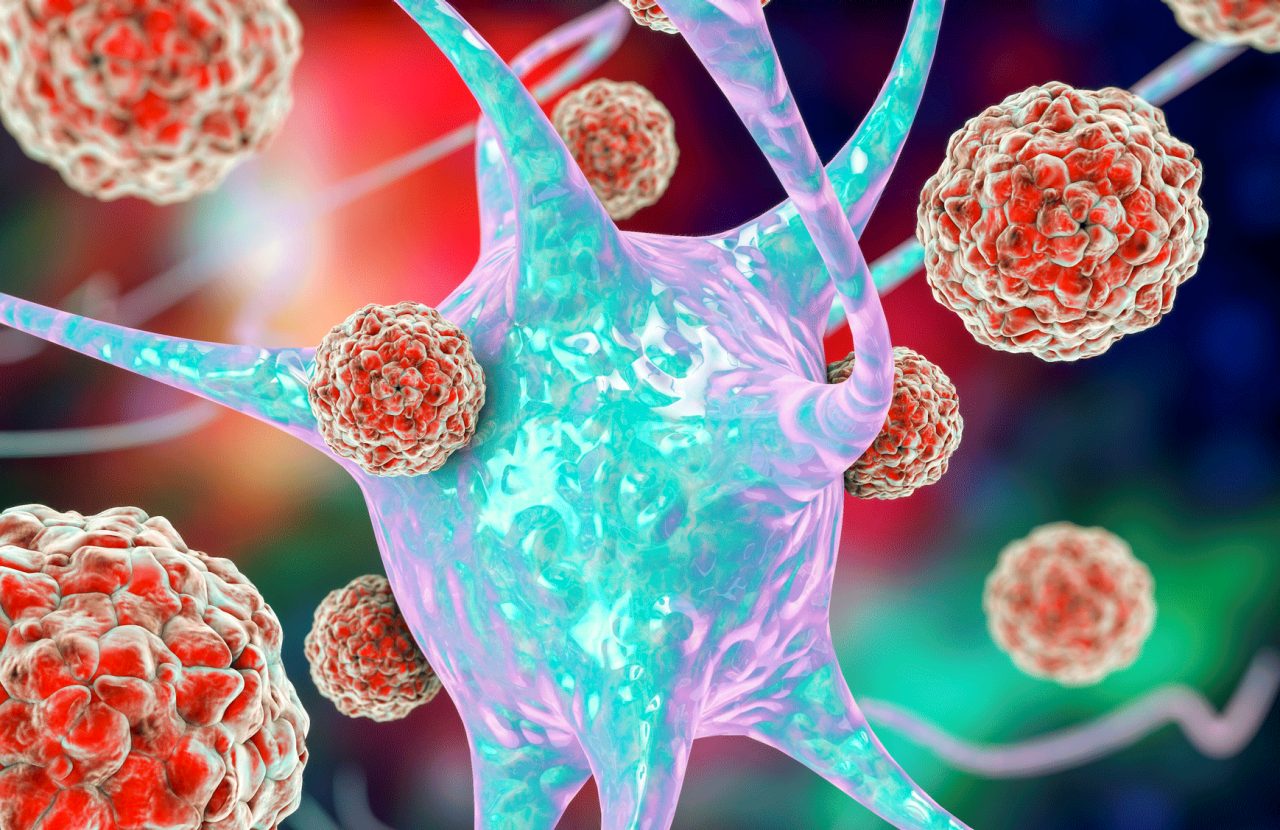What Is Encephalitis?

Encephalitis can be mild, but it can also cause serious health problems and even kill. Get the facts to help protect yourself and your family.
When someone is diagnosed with encephalitis, there is inflammation in their brain, usually caused by an infection. The disease can strike anyone at any age, from babies to the elderly, but it most often occurs in younger people.
More than 250,000 people in the U.S. have been diagnosed with encephalitis during the past decade, according to the National Institute of Neurological Disorders and Stroke (NINDS). Up to 60 percent of people who have encephalitis likely remain undiagnosed because their symptoms may be mild or absent.
That doesn’t mean encephalitis doesn’t need to be taken seriously. For some people, the condition can be debilitating and even deadly.
It’s a good idea to become acquainted with the most common causes of this brain disease, ways to lower your risk, and signs and symptoms that indicate you may need to seek medical care for encephalitis.
YOU MIGHT ALSO LIKE: What Are Measles, Mumps, and Rubella?
What causes encephalitis?
There are two types of encephalitis.
Primary encephalitis means an infectious agent, such as a virus, has directly infected your brain, or a virus that was dormant in your body has become reactivated and attacked your brain.
Secondary encephalitis, on the other hand, is caused indirectly by an infection outside of your brain. In this case, your immune system goes haywire, mistakenly attacking healthy cells in your brain several weeks after the original, non-brain infection.
Although bacterial and fungal infections as well as non-infectious inflammatory conditions (such as autoimmune diseases) can cause encephalitis, the most common identified causes are viral infections.
Viruses most often linked to encephalitis include:
- Herpes simplex virus, both type 1, which causes cold sores, and type 2, which causes genital herpes
- Other herpes viruses, including mononucleosis-causing Epstein-Barr virus and the varicella-zoster virus, which causes chickenpox and shingles
- Mosquito-borne viruses, such as West Nile, La Crosse, St. Louis, western equine, and eastern equine encephalitis
- Enteroviruses, primarily the coxsackievirus (which causes flu-like symptoms, inflammation of the eyes, and abdominal pain), and the poliovirus
Signs and symptoms of encephalitis
Many people with viral encephalitis experience only some flu-like symptoms, including fever, headache, muscle aches, stiff neck, and fatigue. For others, the symptoms can be severe and may include:
- Confusion or severe agitation
- Double vision
- Unusually weak muscles
- Difficulty speaking or hearing
- Seizures
- Loss of consciousness
Important signs of encephalitis to watch for in a baby or child include:
- Fever
- Lethargy
- Not waking for feedings
- Vomiting
- Body stiffness
- Unexplained or unusual irritability
- A full or bulging fontanel (the soft spot on the top of an infant’s head)
Don’t hesitate if you observe any of these potential encephalitis symptoms: Contact your pediatrician or head to the emergency department. Early diagnosis is crucial, the NINDS emphasizes, because symptoms can appear quickly and suddenly escalate to significant brain damage, hearing and speech loss, blindness, or even death.
Anyone of any age who has a severe headache, fever, or change in consciousness may have encephalitis and should receive urgent care.
After a physical exam and taking a medical history, a doctor may order various diagnostic and blood tests to confirm the presence of an infection or inflammation. A doctor may perform a neurological exam to test hearing, speech, vision, nerve function, and balance and coordination. Brain imaging can also check for signs of brain inflammation, brain hemorrhage, or other brain abnormalities.
Treatments for encephalitis
Treatment may depend on the severity of the condition, the health and age of the patient, and the cause of the brain inflammation, if known. For example, the anti-viral drugs acyclovir and ganciclovir can effectively treat some virus-caused encephalitis.
Autoimmune causes of encephalitis are treated with immunosuppressant drugs.
A type of non-infectious encephalitis, mostly seen in youngsters, is typically treated with steroids.
You may need other medications, such as anticonvulsants to prevent seizures.
Preventing encephalitis
The good news is that some common sense measures can lower your risk of developing encephalitis.
When it comes to preventing infectious encephalitis, keep vaccinations up to date for you and your children. It is also crucial to find out what additional vaccinations you may need if you are traveling to areas known to have encephalitis-causing viruses.
Avoid mosquito and tick exposure. Stay clear of grassy areas where those insects thrive in warm months. Wear long-sleeved clothing and pants. Use insect repellent (check with your pediatrician to make sure any repellants are safe for your children) to lessen the risk of being bitten if you are hiking or participating in other outdoor activities in spring and summer. Make sure there are no standing areas of water where mosquitoes can breed in your yard.
Washing your hands can go far to prevent everything from the flu to the common cold. It can also help stop the spread of encephalitis-causing viruses and bacteria.
If you are exposed to someone who has or develops bacterial encephalitis, contact your doctor ASAP. Your doctor may prescribe a brief course of antibiotics as a preventive measure.
Updated:
January 30, 2023
Reviewed By:
Janet O'Dell, RN